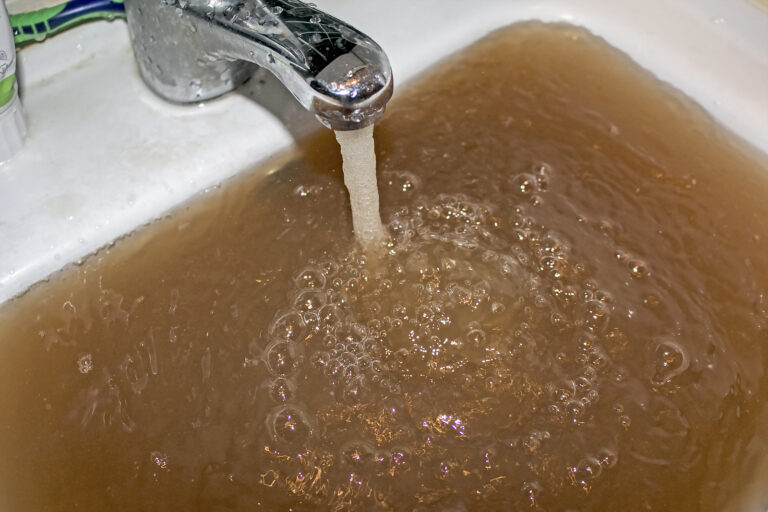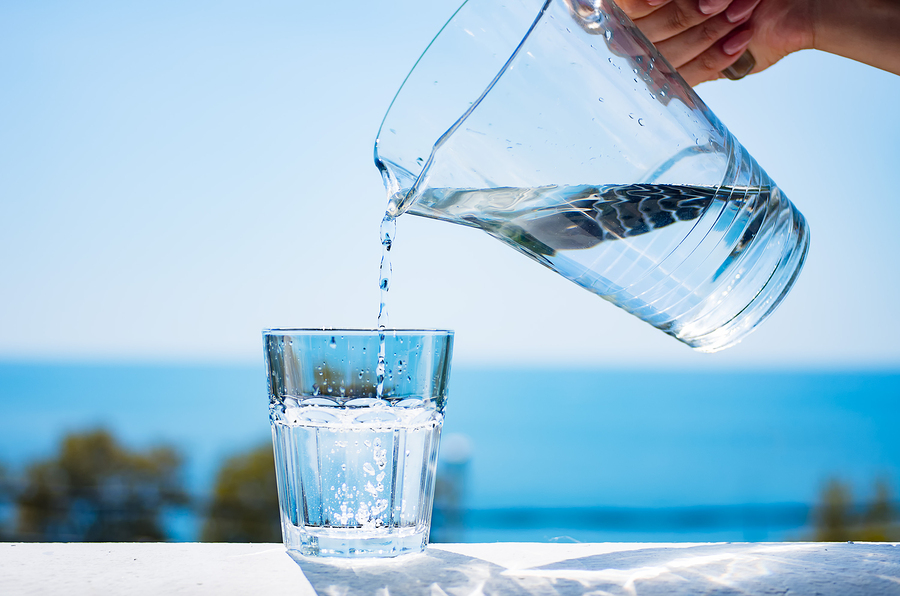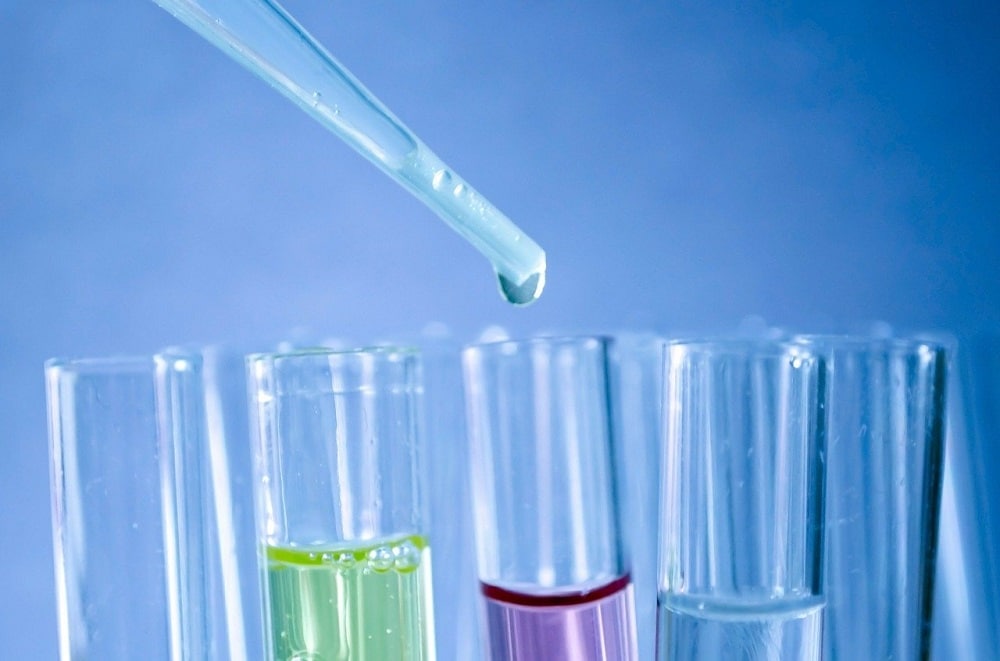Have you noticed small black specks in your kitchen sink water? This can be a frustrating and concerning issue, leaving you wondering where these specks are coming from and if they pose any health risks. The first step in addressing this problem is understanding the potential causes of black specks in kitchen sink water. One common cause of black specks in sink water is the presence of rust in your pipes. If you have old or corroded pipes, it is possible for small flakes of rust to break off and end up in your water supply. Another possible cause is the growth of mold or algae in your pipes, which can also result in small black specks in your sink water. Additionally, if you have a filtration system or water softener, the filter or resin beads may become damaged or worn over time, causing small black particles to enter your water supply. It is important to identify the source of the black specks in your sink water in order to effectively address the issue.1. Causes of Black Specks in Kitchen Sink Water
Now that you know some of the potential causes of black specks in your sink water, you may be wondering how to get rid of them. The solution will depend on the specific cause of the black specks, but there are a few steps you can take to address the issue. If the source of the black specks is rust in your pipes, it may be necessary to replace or repair the affected pipes. This can be a complex and costly process, so it is important to consult a professional plumber for assistance. If the black specks are caused by mold or algae growth in your pipes, you can try cleaning your pipes with a mixture of white vinegar and water. Let the solution sit in your pipes for a few hours before flushing them with hot water. This may help to remove any buildup and reduce the presence of black specks in your sink water.2. How to Get Rid of Black Specks in Kitchen Sink Water
While rust, mold, and water filtration issues are common causes of black specks in sink water, there are also some household items that could be contributing to the problem. For example, if you have a metal strainer or wire mesh in your sink, it could be rusting and causing small black specks to appear in your water. Another possible culprit is your water heater. If your water heater is old or has not been properly maintained, it could be rusting or corroding, which can result in small black specks in your sink water. It is also important to consider your cleaning habits. If you regularly use harsh chemicals to clean your sink or pipes, it could be causing damage and resulting in black specks in your water supply.3. Common Household Items That Can Cause Black Specks in Kitchen Sink Water
While black specks in your sink water can be a nuisance, are they actually harmful to your health? The answer depends on the source of the specks. If they are caused by rust, mold, or algae, they may not pose any significant health risks. However, if the specks are a result of something more concerning, such as lead or other contaminants in your water supply, they could potentially be harmful. It is important to pay attention to any changes in your water quality and to have it tested if you notice any unusual changes. If you have concerns about the safety of your water, it is best to consult a professional for guidance and assistance.4. Health Risks Associated with Black Specks in Kitchen Sink Water
If you are experiencing black specks in your kitchen sink water, there are some DIY solutions you can try before seeking professional help. One option is to install a filter on your sink faucet to help remove any particles from your water supply. You can also try cleaning your pipes with a mixture of baking soda and water, which may help to remove any buildup and improve the quality of your water. Another potential solution is to use a water softener to reduce the presence of minerals in your water supply, which can contribute to the formation of black specks. However, it is important to research and carefully follow the instructions for any DIY solutions to avoid causing further damage to your pipes or water supply.5. DIY Solutions for Removing Black Specks from Kitchen Sink Water
If you have tried DIY solutions and are still experiencing black specks in your kitchen sink water, it may be time to seek professional plumbing services. A qualified plumber will be able to identify the source of the problem and recommend the best course of action to address it. Depending on the cause of the black specks, a plumber may recommend pipe replacement, cleaning or repairs, or installing a new water filtration system. While this may require a larger investment upfront, it can save you time and frustration in the long run.6. Professional Plumbing Services for Black Specks in Kitchen Sink Water
The best way to deal with black specks in your kitchen sink water is to prevent them from occurring in the first place. One way to do this is by regularly cleaning your sink, faucet, and pipes. This will help to remove any buildup and prevent the growth of mold or algae. It is also important to properly maintain your plumbing system and address any issues, such as leaks or corrosion, as soon as they arise. Regularly changing your water filter and keeping your water softener in good working condition can also help to prevent black specks in your sink water.7. How to Prevent Black Specks in Kitchen Sink Water
By now, you may have a better understanding of the common causes of black specks in kitchen sink water. However, it can still be helpful to have a quick summary of these causes and how to fix them. Rust in pipes can be addressed by replacing or repairing the affected pipes. Mold or algae growth can be treated with a mixture of white vinegar and water. Damaged or worn filters or resin beads can be replaced to reduce the presence of black specks in your water supply. Household items, such as metal strainers and water heaters, should be regularly checked and maintained to prevent rust and corrosion. Harsh cleaning chemicals should be avoided to prevent damage to your pipes and water supply. And finally, regular cleaning and maintenance of your plumbing system can help to prevent black specks from occurring.8. Common Causes of Black Specks in Kitchen Sink Water and How to Fix Them
We have mentioned the importance of regular cleaning for preventing black specks in your kitchen sink water, but why is it so important? Not only can regular cleaning help to prevent black specks, but it can also improve the overall cleanliness and hygiene of your sink and faucet. Food particles and bacteria can easily accumulate in your sink, which can lead to unpleasant odors and potential health risks. By regularly cleaning your sink and faucet, you can remove these particles and keep your kitchen sink in top condition.9. The Importance of Regularly Cleaning Your Kitchen Sink to Avoid Black Specks
If you are concerned about the quality of your water and the presence of black specks, there are several ways to test your water. You can purchase at-home testing kits, which will provide you with basic information about the quality of your water, including the presence of certain contaminants. For a more comprehensive analysis, you can hire a professional to test your water. They will be able to identify any potential issues and provide you with recommendations for improving the quality of your water supply.10. How to Test Your Water Quality for Black Specks in Kitchen Sink Water
How to Get Rid of Black Specks in Kitchen Sink Water
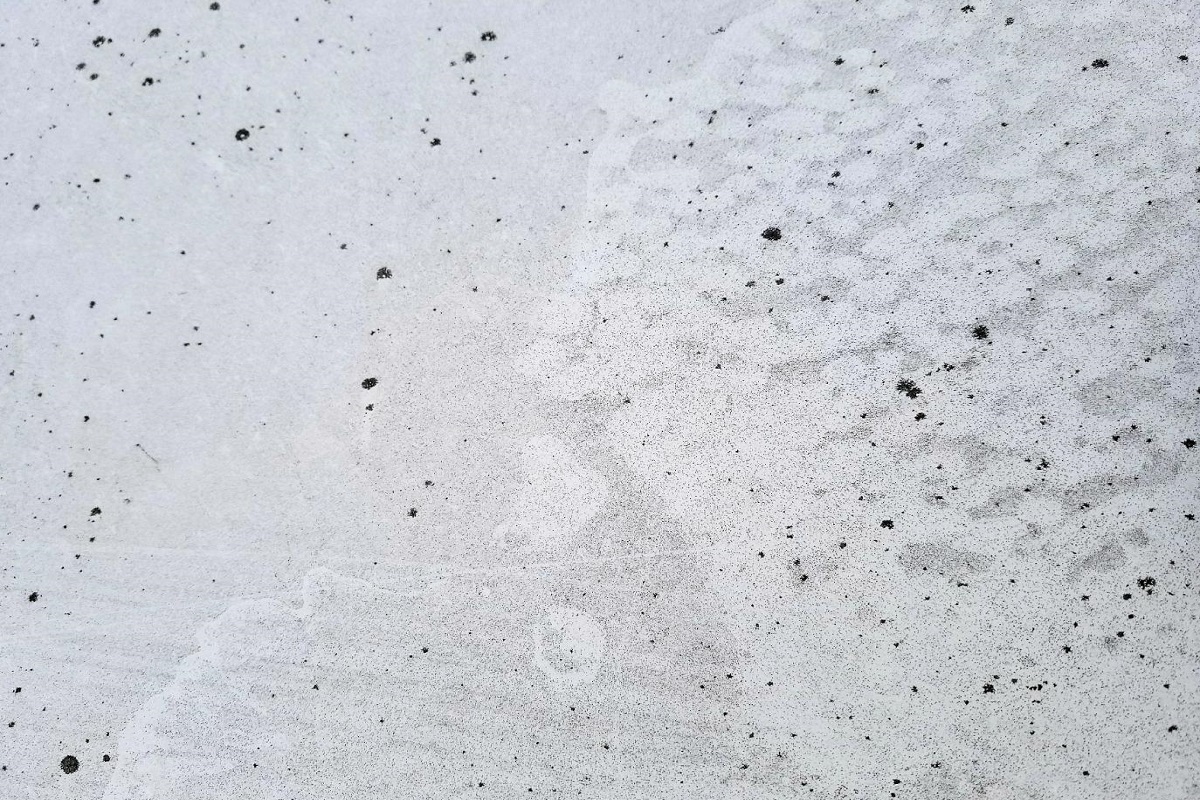
A Common Problem in House Design
 If you've noticed
black specks
in your kitchen sink water, you're not alone. This is a common issue that many homeowners face, and it can be quite frustrating. Not only does it make your water look unappealing, but it can also be a hygiene concern. So, what exactly are these black specks and how can you get rid of them?
First, it's important to understand the source of these
black specks
. They are most likely caused by
mold or mildew
buildup in your sink's drainage system. This can happen due to a variety of factors, such as standing water, food particles, and soap scum. If left untreated, it can lead to clogged drains and unpleasant odors.
To get rid of the
black specks
, you'll need to thoroughly clean your sink and its drainage system. Start by using a
bleach solution
to disinfect the area. Mix one part bleach with three parts water and pour it down the drain. Let it sit for 10-15 minutes before rinsing it with hot water. This will kill any mold or mildew that may be present.
Next, use a
drain brush
to scrub the inside of your sink's drain. This will help remove any buildup and prevent future clogs. You can also use a
baking soda and vinegar mixture
to further clean and deodorize the drain. Simply pour half a cup of baking soda down the drain, followed by half a cup of vinegar. Let it sit for a few minutes before flushing it with hot water.
To prevent the
black specks
from coming back, make sure to regularly clean your sink and its drainage system. This includes wiping down the sink after use, regularly flushing the drain with hot water, and using a
drain cleaner
once a month to keep it free of buildup.
In addition to cleaning, you may also want to consider installing a
water filtration system
for your sink. This can help remove any impurities or contaminants from your water, including mold and mildew. It's also a good idea to check your plumbing for any leaks or standing water, as these can contribute to mold and mildew growth.
In conclusion,
black specks
in your kitchen sink water can be a nuisance, but they can be easily taken care of with proper cleaning and maintenance. By following these steps and implementing preventive measures, you can have clean and clear water in your kitchen sink. Say goodbye to those pesky black specks and enjoy a hygienic and visually appealing sink once again.
If you've noticed
black specks
in your kitchen sink water, you're not alone. This is a common issue that many homeowners face, and it can be quite frustrating. Not only does it make your water look unappealing, but it can also be a hygiene concern. So, what exactly are these black specks and how can you get rid of them?
First, it's important to understand the source of these
black specks
. They are most likely caused by
mold or mildew
buildup in your sink's drainage system. This can happen due to a variety of factors, such as standing water, food particles, and soap scum. If left untreated, it can lead to clogged drains and unpleasant odors.
To get rid of the
black specks
, you'll need to thoroughly clean your sink and its drainage system. Start by using a
bleach solution
to disinfect the area. Mix one part bleach with three parts water and pour it down the drain. Let it sit for 10-15 minutes before rinsing it with hot water. This will kill any mold or mildew that may be present.
Next, use a
drain brush
to scrub the inside of your sink's drain. This will help remove any buildup and prevent future clogs. You can also use a
baking soda and vinegar mixture
to further clean and deodorize the drain. Simply pour half a cup of baking soda down the drain, followed by half a cup of vinegar. Let it sit for a few minutes before flushing it with hot water.
To prevent the
black specks
from coming back, make sure to regularly clean your sink and its drainage system. This includes wiping down the sink after use, regularly flushing the drain with hot water, and using a
drain cleaner
once a month to keep it free of buildup.
In addition to cleaning, you may also want to consider installing a
water filtration system
for your sink. This can help remove any impurities or contaminants from your water, including mold and mildew. It's also a good idea to check your plumbing for any leaks or standing water, as these can contribute to mold and mildew growth.
In conclusion,
black specks
in your kitchen sink water can be a nuisance, but they can be easily taken care of with proper cleaning and maintenance. By following these steps and implementing preventive measures, you can have clean and clear water in your kitchen sink. Say goodbye to those pesky black specks and enjoy a hygienic and visually appealing sink once again.





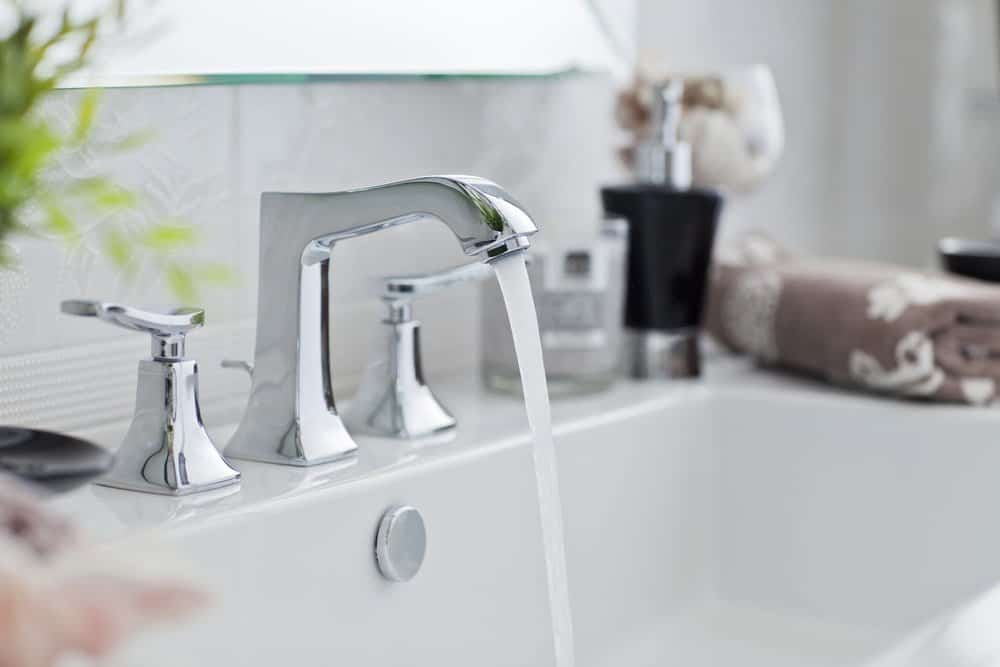
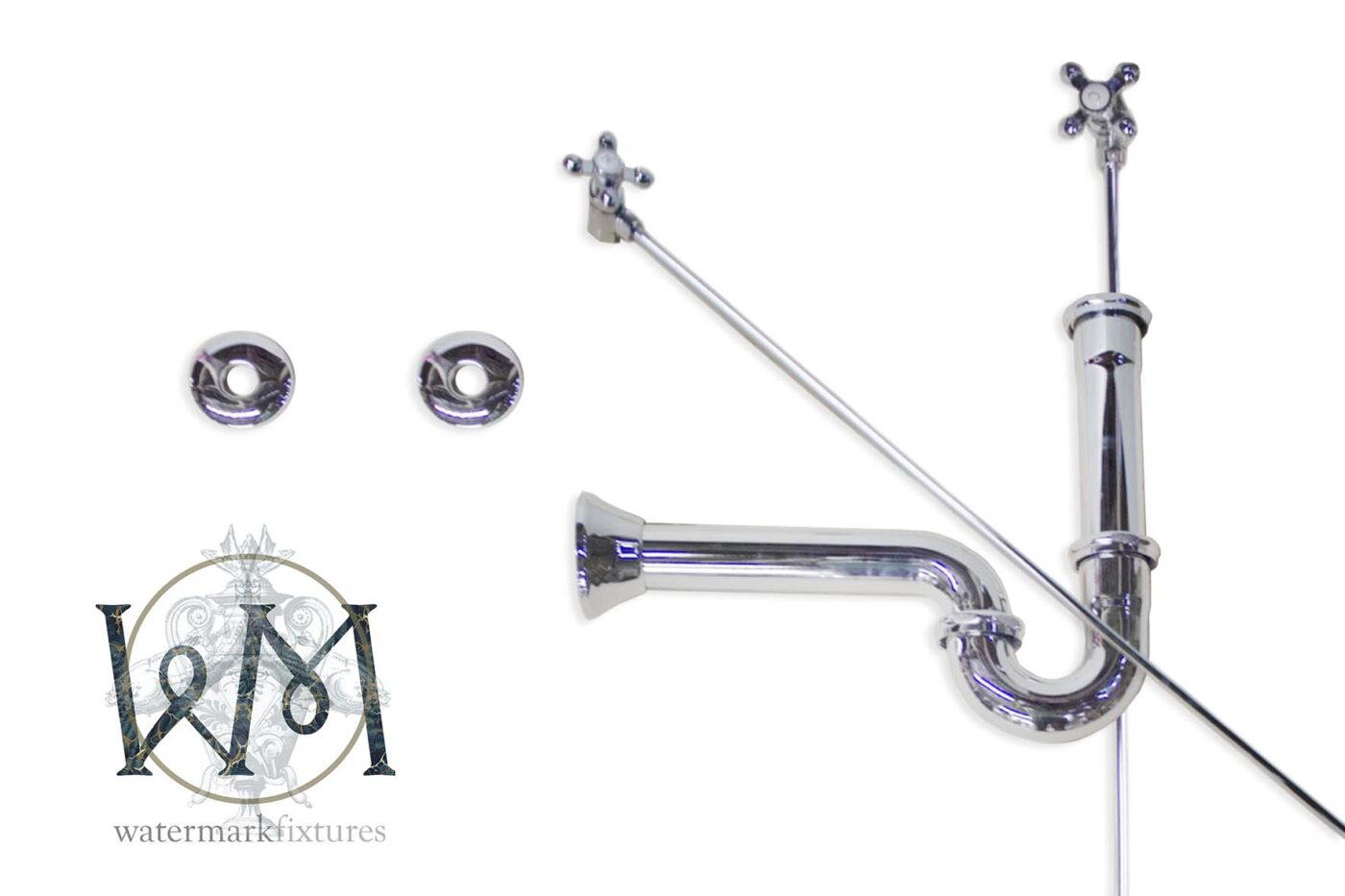
















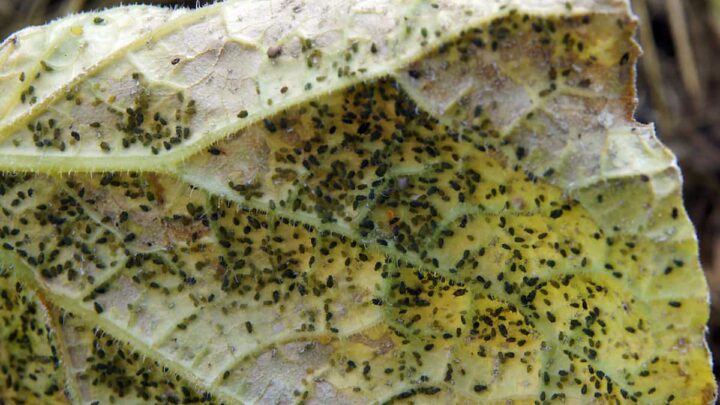



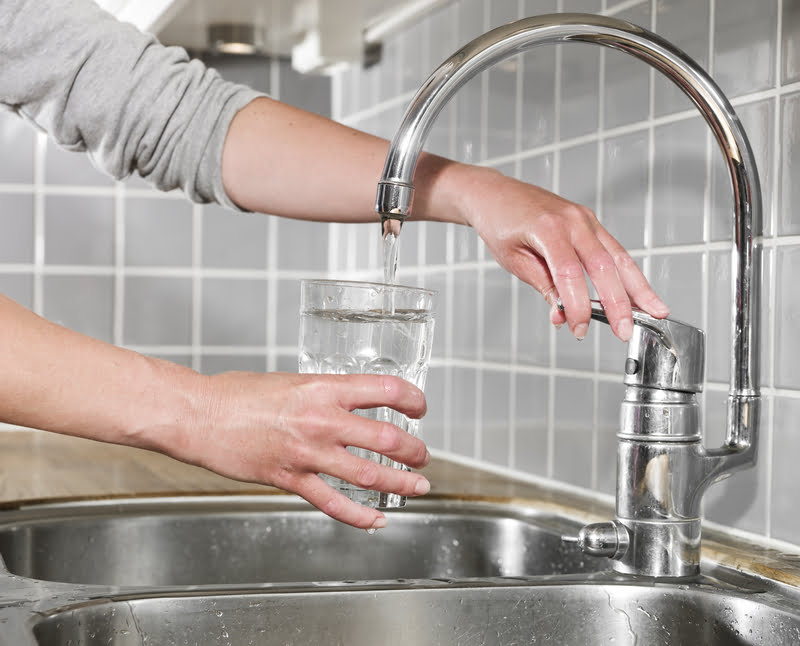
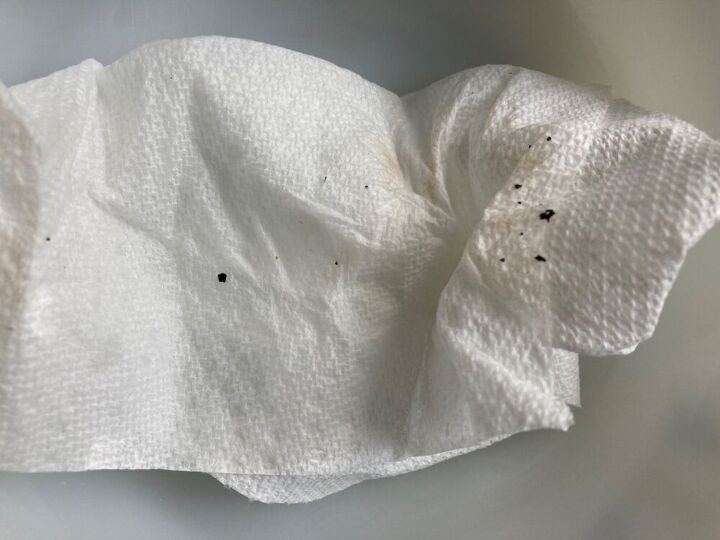

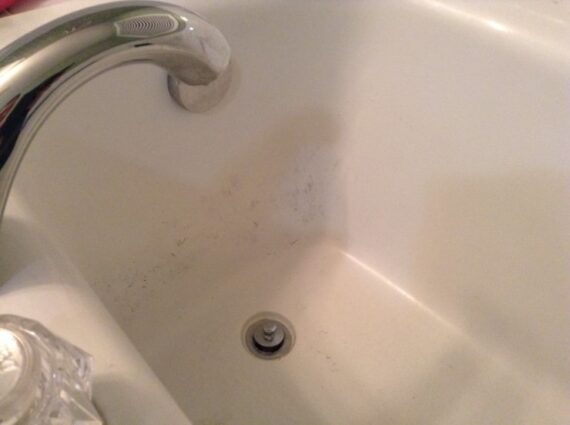





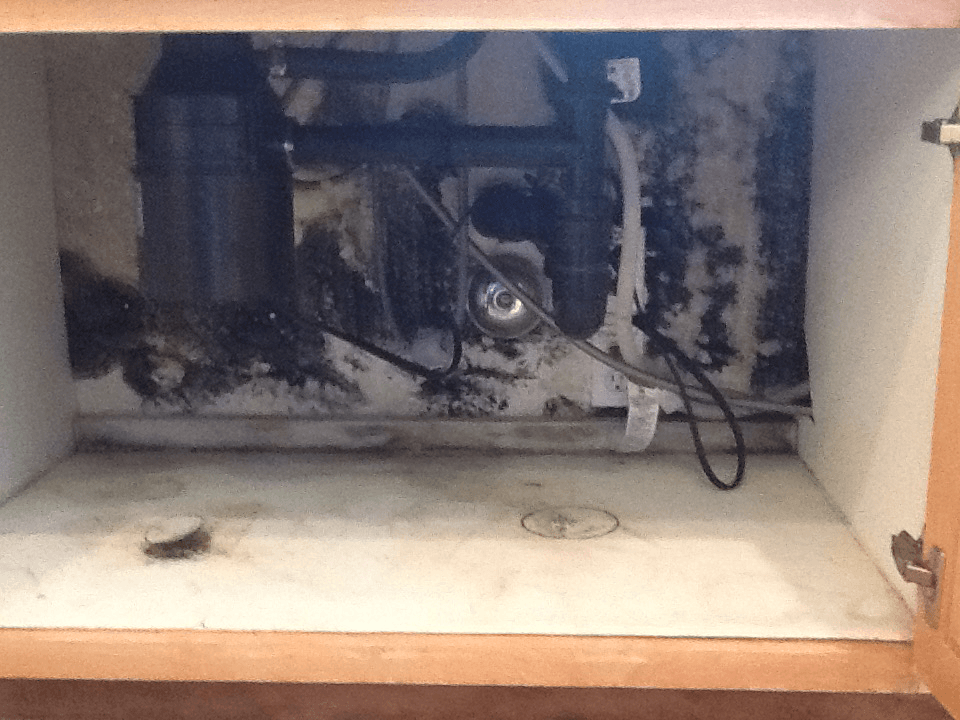


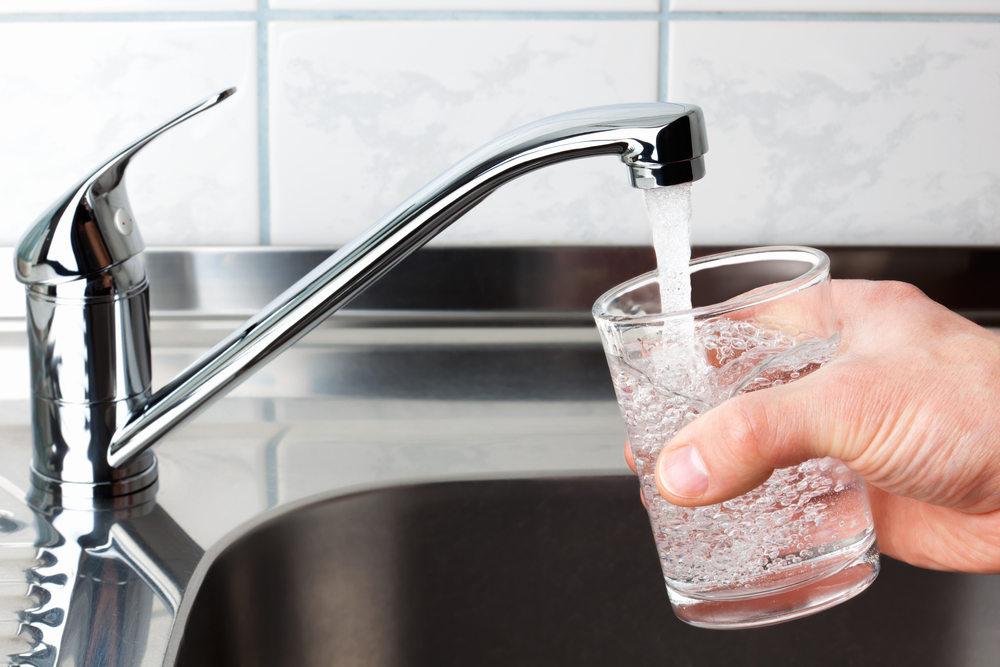

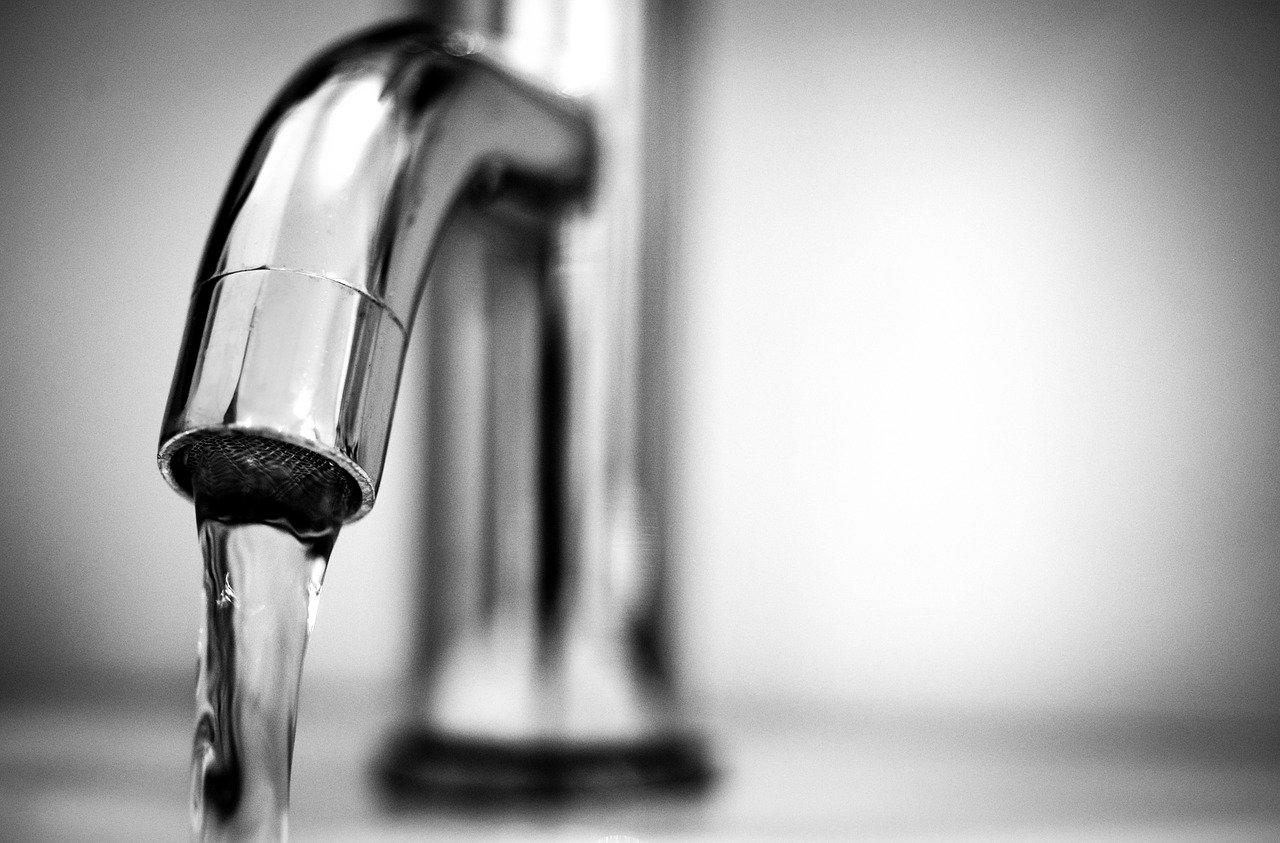

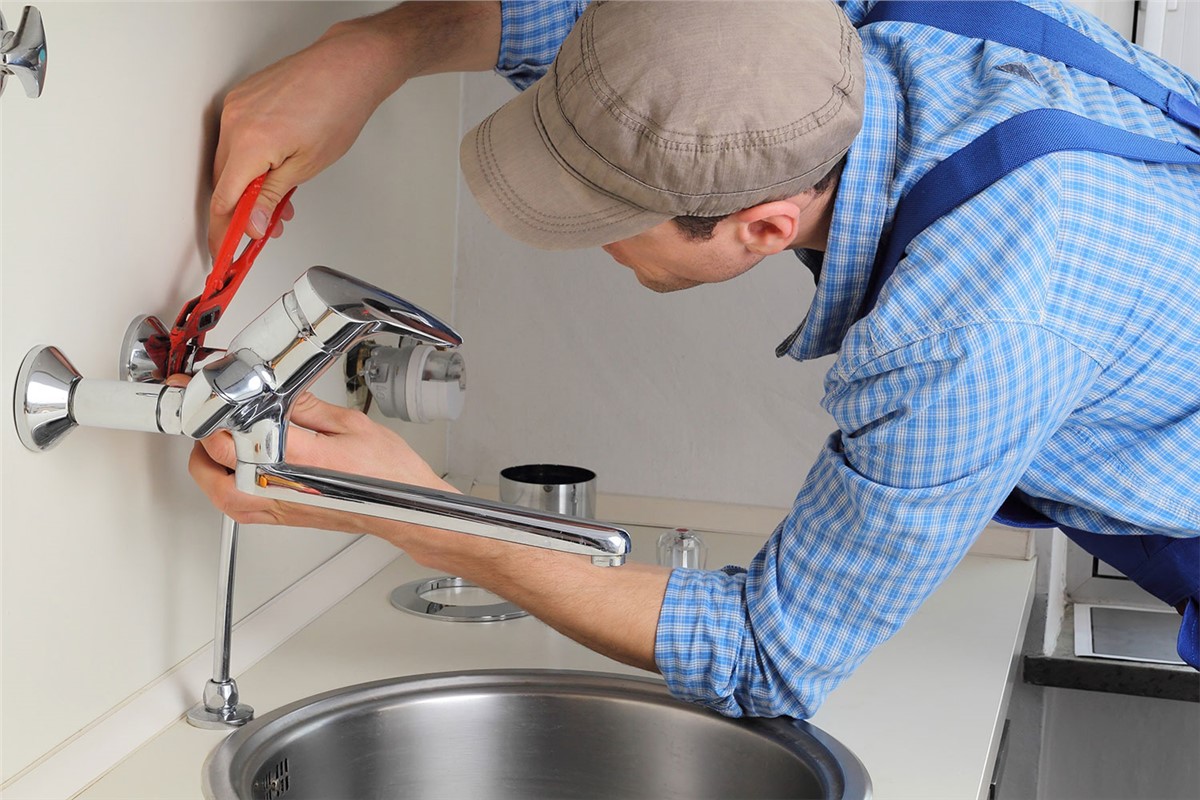

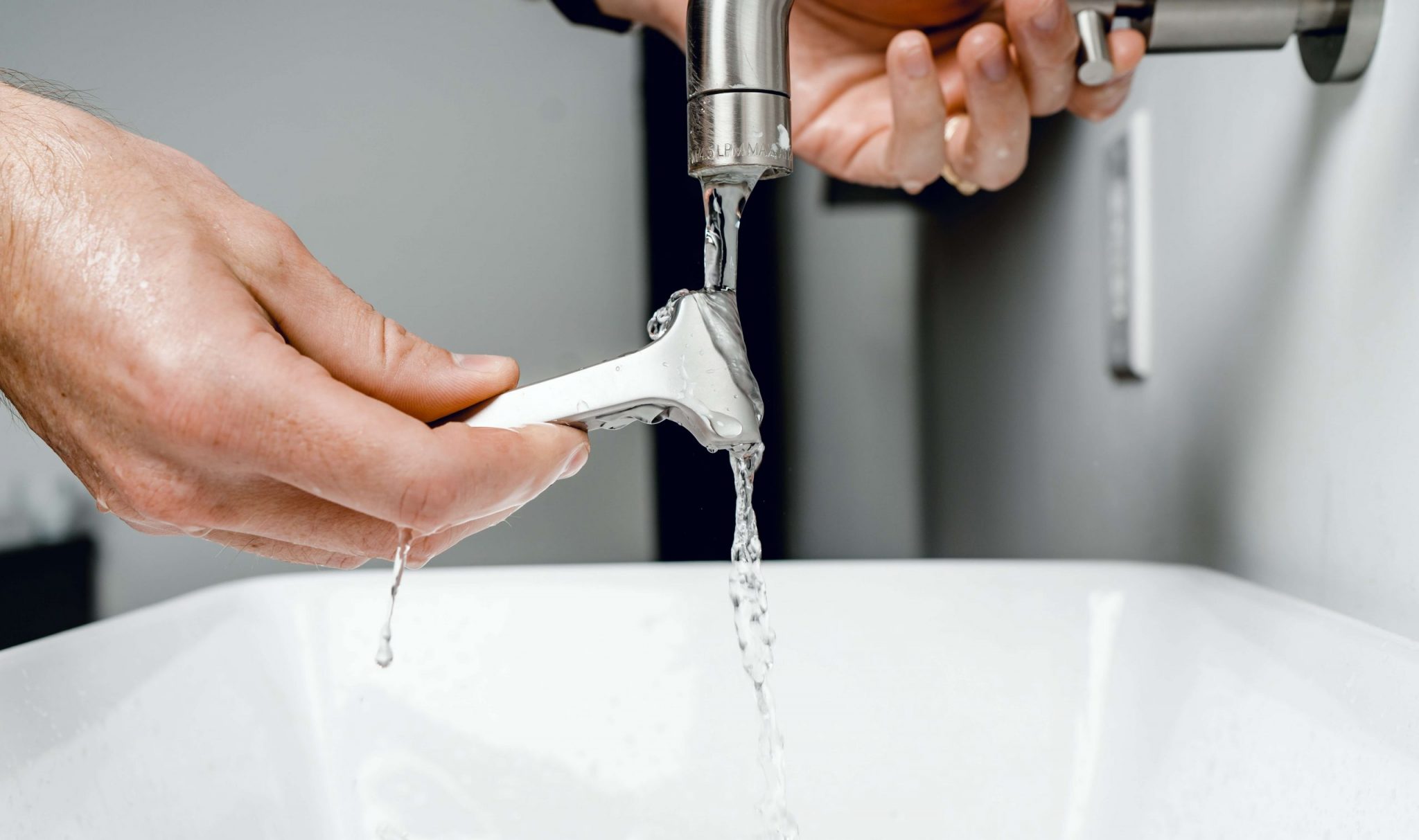




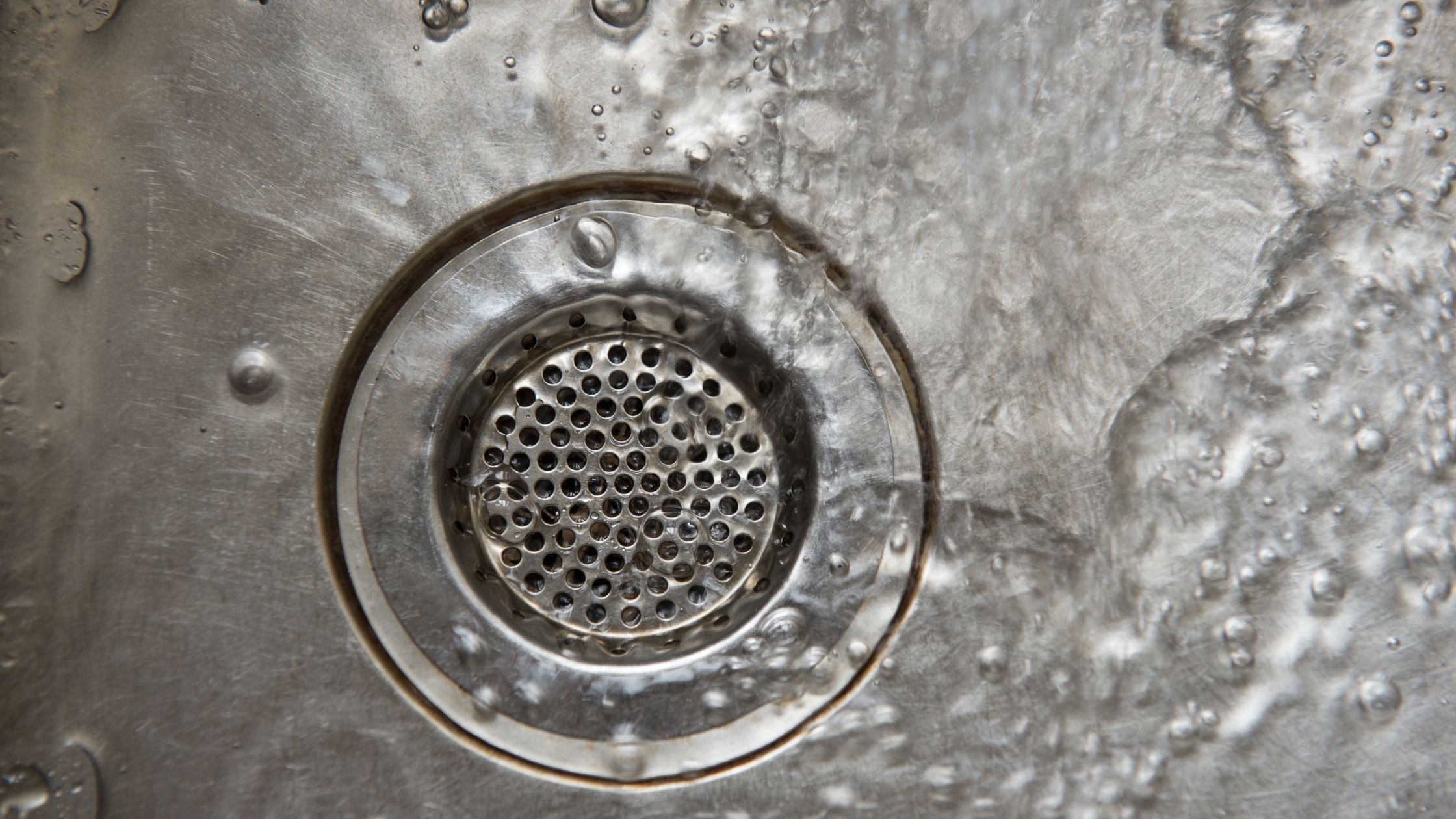

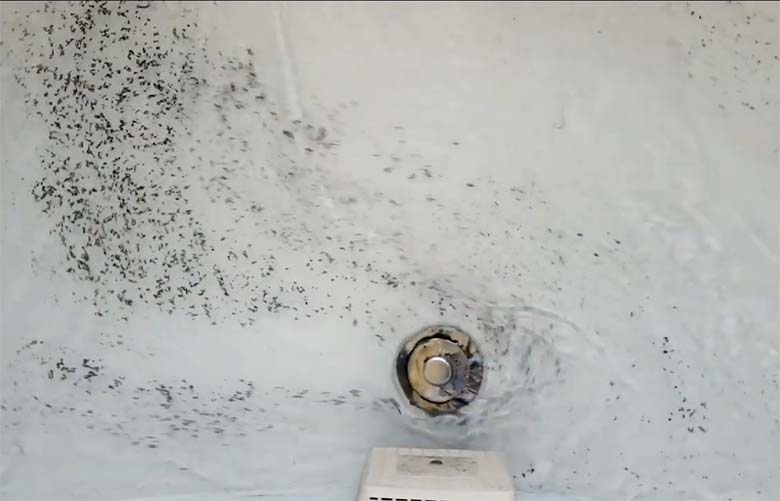





:max_bytes(150000):strip_icc()/Basic-kitchen-sink-types-1821207_color_rev-0b539306b9ef4236a136624ad2a89a4c.jpg)




